
Date: 22 May 2025
Artificial Intelligence (AI) is increasingly being used in manufacturing by major flat glass producers with a view to optimising processes, reducing energy consumption and CO2 emissions and securing competitiveness long term. But are AI applications also already of relevance to glass processors and the glazier trade? This question was explored by the author on behalf of glasstec, the world-leading trade fair for glass producers and the associated machinery manufacturers but also for glass processors and the glazier trade. In machine technology and manufacturing processes AI developments have been driven intensively over the past few years. The improvement of administrative processes, however, was followed less closely even though AI developments also hold plenty of potential here.
In industrial flat glass production AI is already being used in machine producer technologies such as in automation platforms to dynamically adapt production flows by adaptive process control or material flow optimisation, for example. AI-assisted image processing is used for high-precision defect detection and dimension control in flat glass production. AI can be used in so-called digital twins for predictive maintenance or the smart control of sizing and warehousing processes.
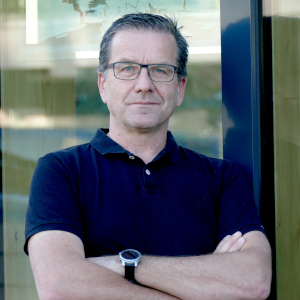
Photo: Glaser-Innung Hamburg
In the glazier trade and glass processing, by contrast, AI still seems to be less systematically deployed. Nevertheless, initial applications are also finding practical use, as Karsten Sommer of the Hamburg Glaziers’ Guild revealed: “Many outfits are starting to look at this topic. This is especially easy to achieve when AI becomes part of the systems already used such as AI-based office and communication tools like Microsoft Copilot, Google Workspace AI or ChatGPT. These can easily help with text-based proposal, calculations or appointment organisation.”
Other imaging AI tools such as Canva AI, Midjourney or DALL·E 3 help users get a first impression or provide inspiration for visualising workpieces, products or construction planning thereby making days of rendering done by high-performance computers increasingly superfluous – at least for initial designs or concepts.

Photo: Lumeso FlexCo
Initial concrete applications: order entry
All this means AI allows both companies big and small to free up time with the help of assistance systems. A case in point is order entry, which – except with classic electronic data interchange systems – is often performed manually due to its complexity. Here, plenty of time is tied up in data transfer, queries and error corrections – because only very few enquiries are complete and precisely formulated from the outset.
Add to this the wide variety of enquiries – there are glass producers capable of supplying IGUs in ten thousand possible configurations. How the order data entry process can be noticeably simplified by AI was explained by Georg Katzlinger-Söllradl, CEO and co-founder of the start-up “Lumeso”, who exhibited his AI solutions for the first time at glasstec 2024: “Our software analyses incoming e-mails, automatically identifies all relevant order data and compiles them in a structured manner. Missing data is completed automatically by smart queries.
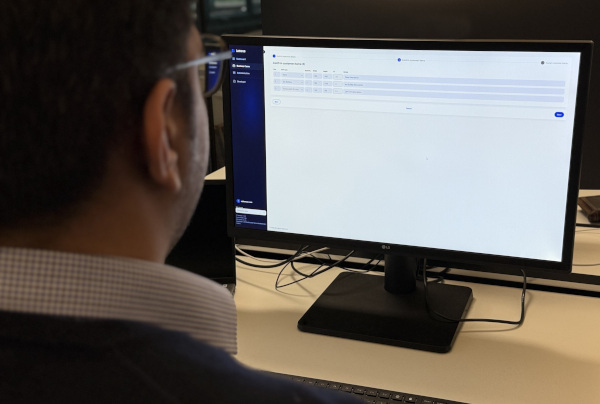
Photo: Lumeso FlexCo
After release by the case handler the data is transferred directly to the order data capturing system via an interface. This solution was only made possible for us by the availability of performance AI systems. AI in administration markedly increases the speed of order data capture, significantly reduces errors and considerably minimises the throughput time from order entry to confirmation.” The efficiency gain is attractive, but customers were particularly interested because they lacked relevant staff or did not even find the staff to manage existing processes to start with. Katzlinger-Söllradl: “We soon realised we can also help combat skilled labour shortages with our AI. Experienced employees can reduce their workload and focus on control and decision-making tasks while younger staff can be drawn into the exciting flat glass working environment by modern, attractive AI solutions.”
A view at the state of the art gives hope: the increasing availability of modular AI tools and the development of hands-on sector-specific solutions can increase efficiency, prompt positive developments for everyday work while making employers more attractive at the same time. We can look forward to glasstec 2026 where AI & Digital Technologies will be Hot Topics alongside circularity and decarbonisation.
About the author:

Marc Everling studied media education (Technical University Brunswick) and has been a communications and marketing specialist in the glass industry for more than 20 years. In 2021 he founded his networking agency specialising in communications consulting and press liaison for companies and associations that work and produce sustainably in the interests of the ecological transformation of the construction sector.
 600450
600450

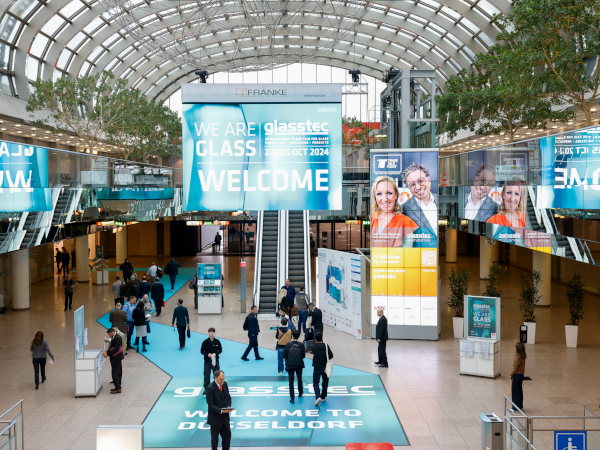
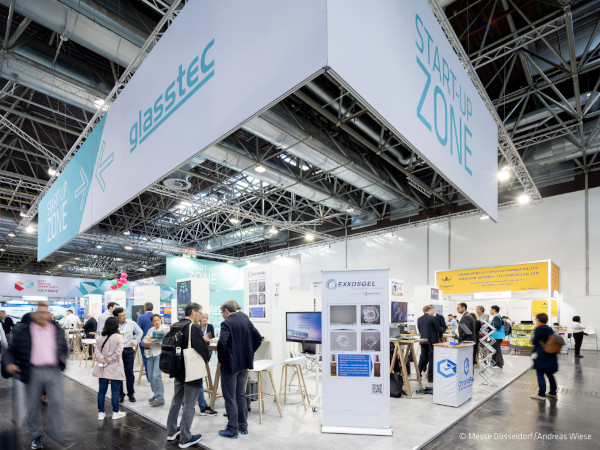
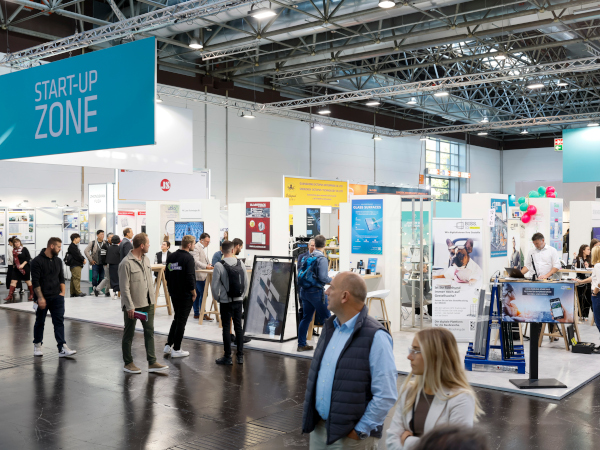
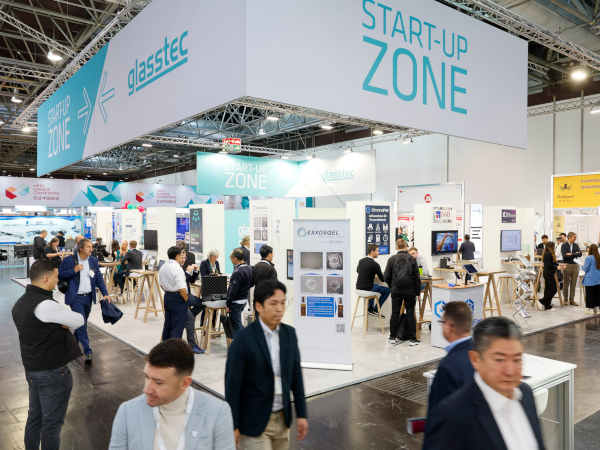

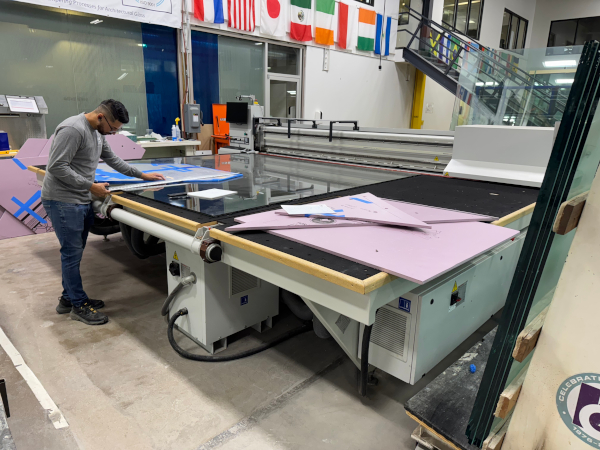















Add new comment